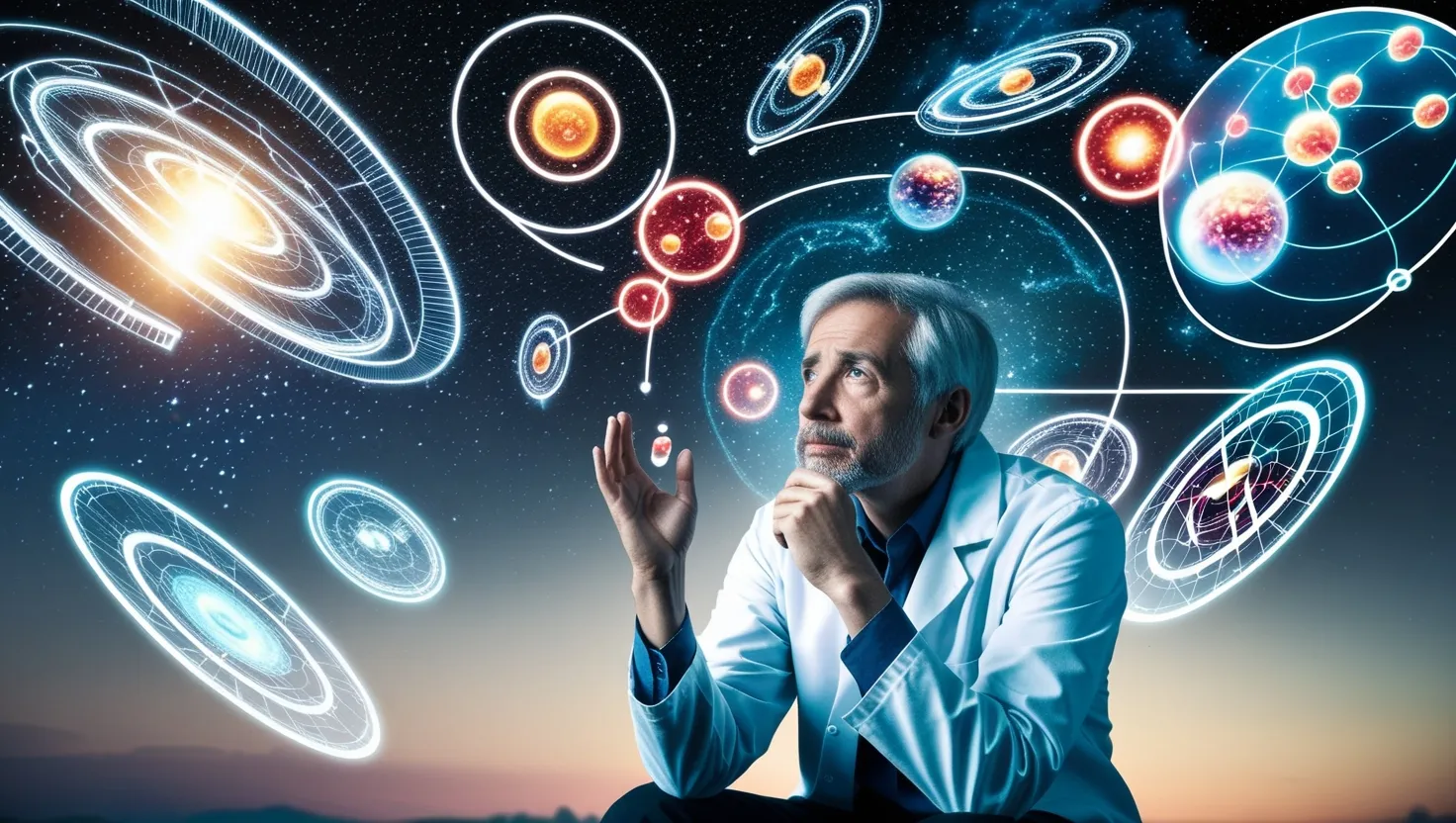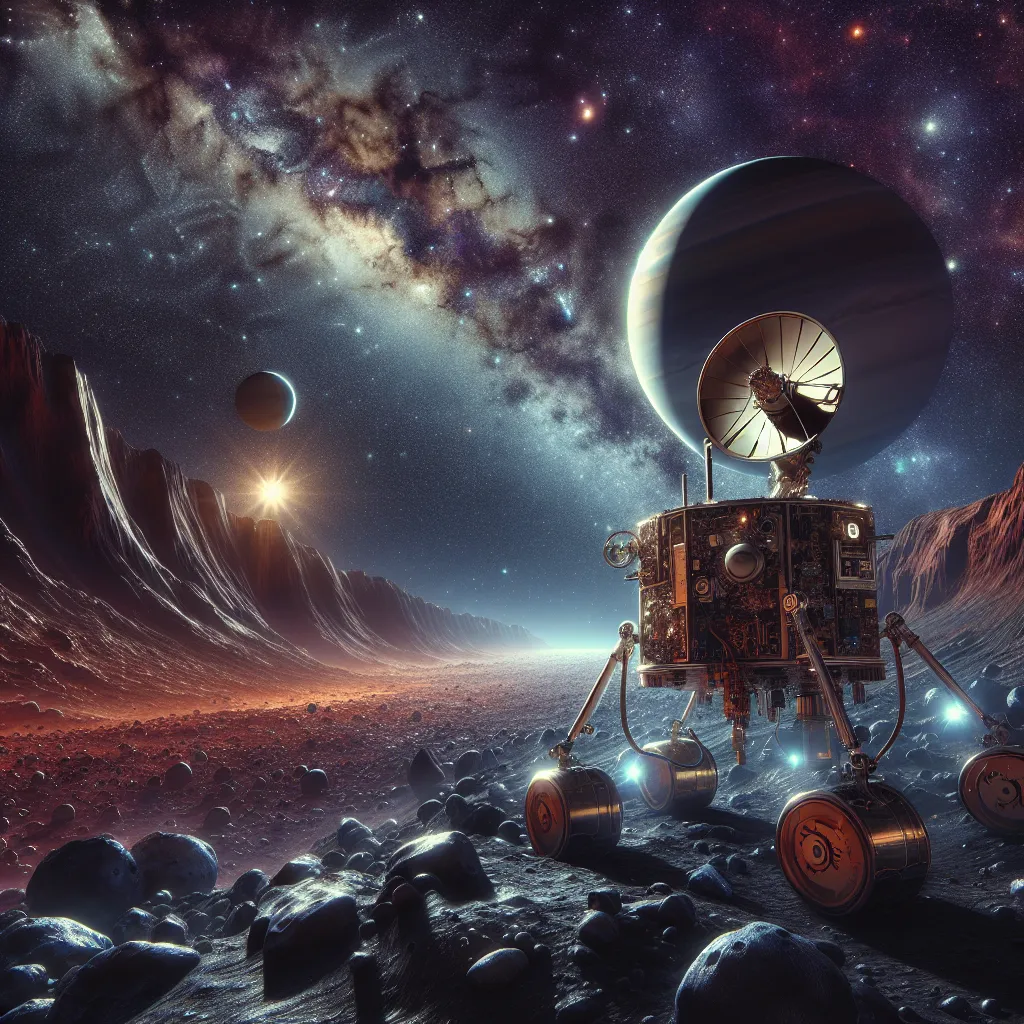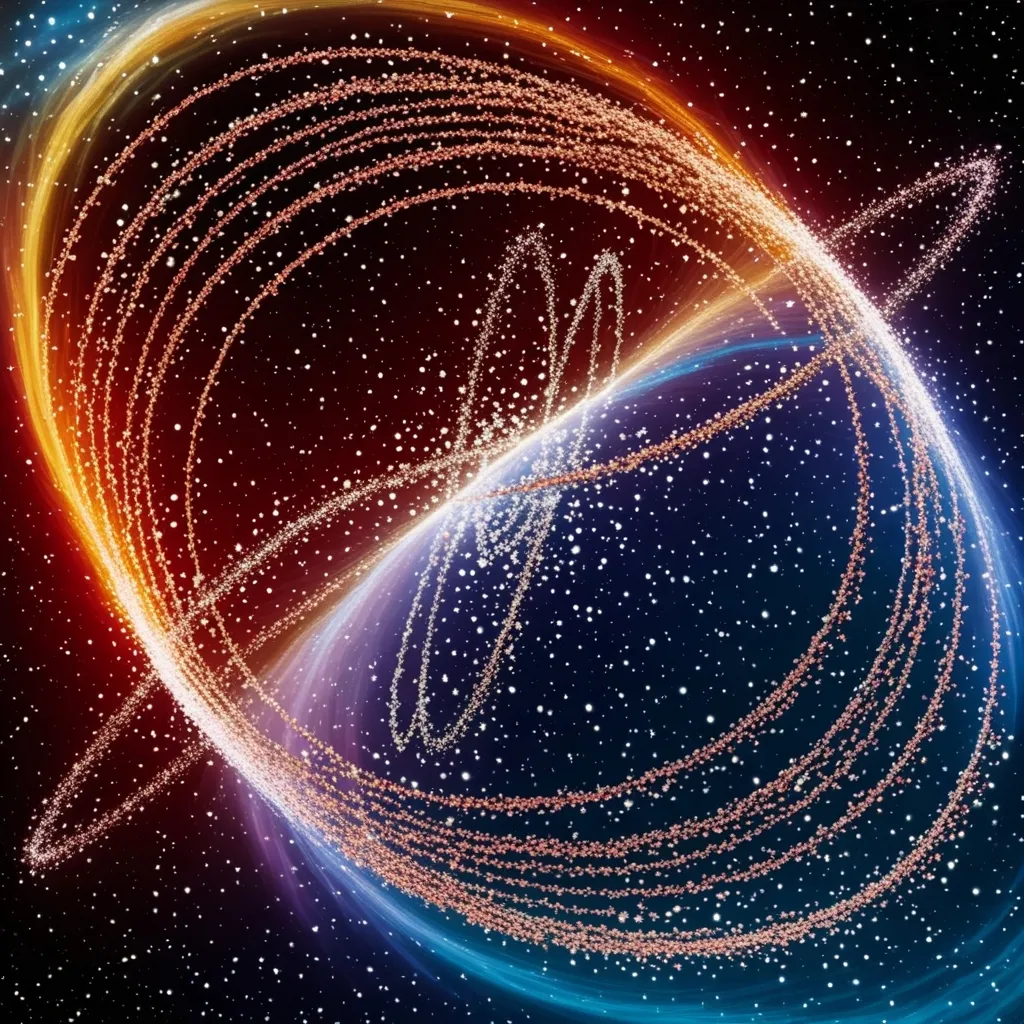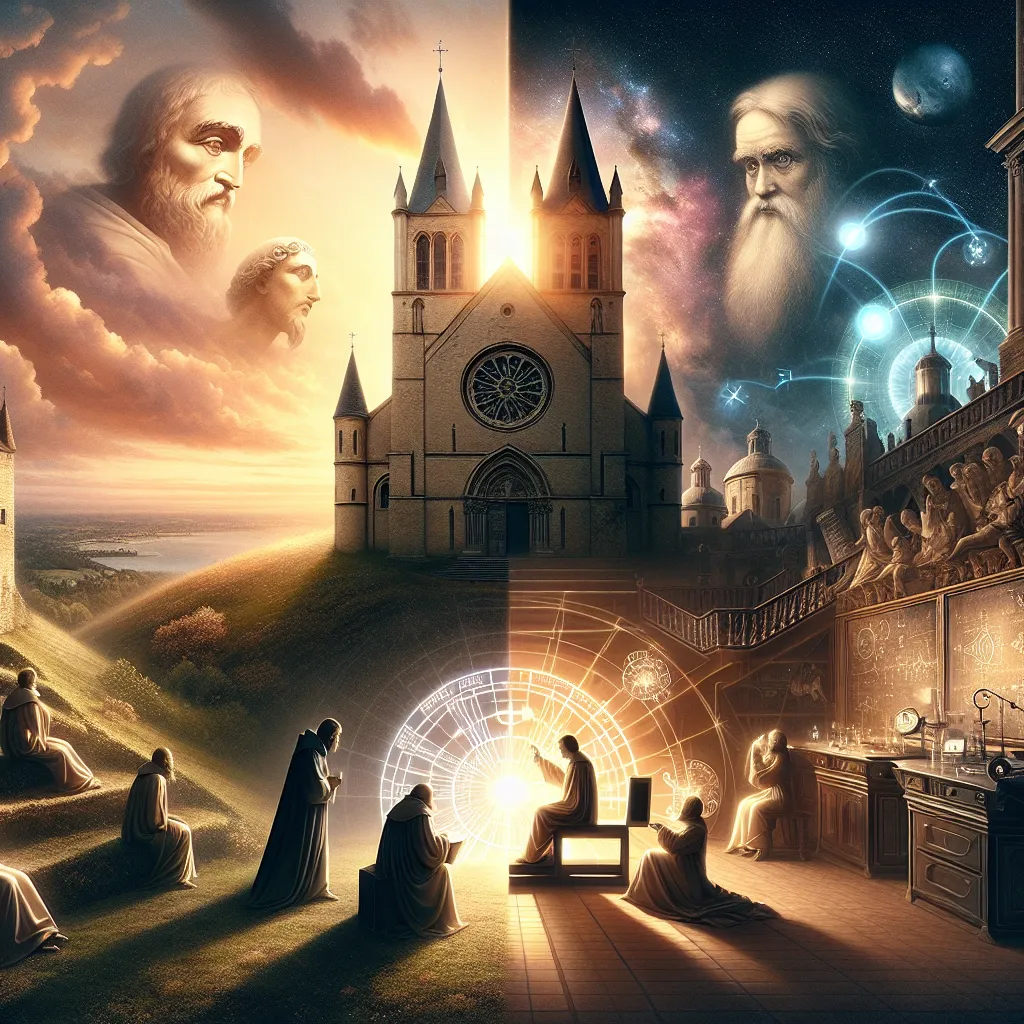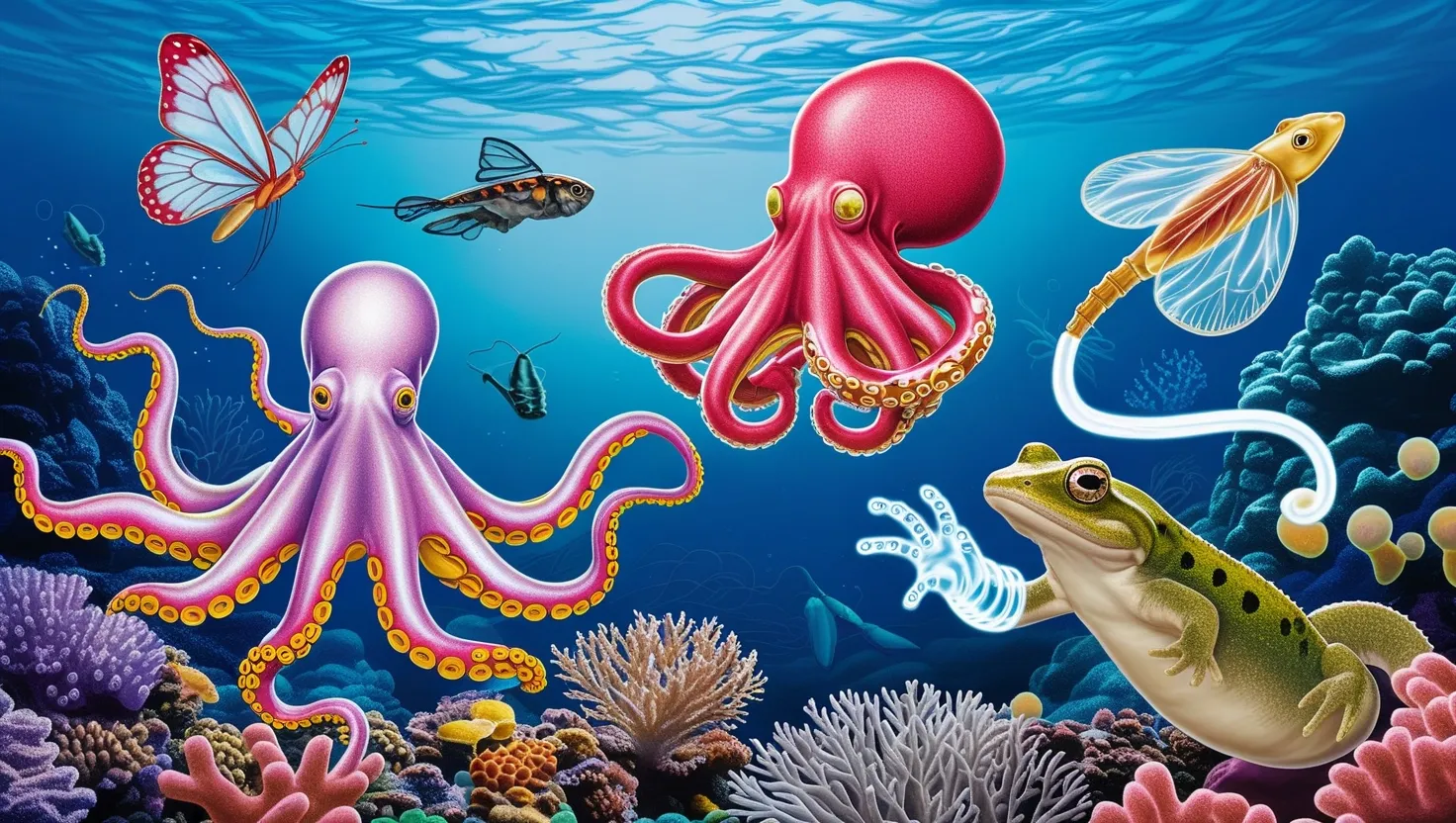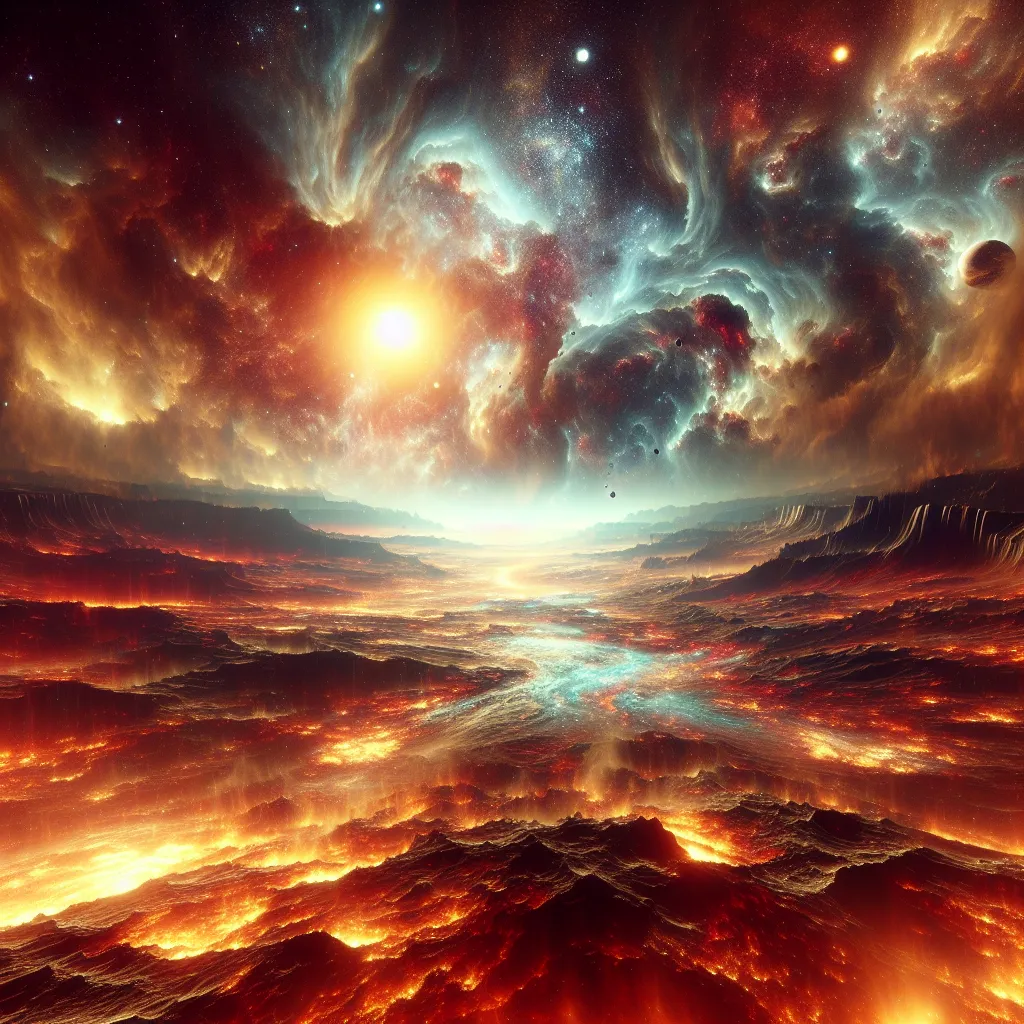As we delve into the realm of scientific theories, it’s intriguing to encounter ideas that push the boundaries of our conventional understanding. These theories, though often controversial, spark intense debates and challenge our perceptions of the world and the universe. Here, we’ll explore eight such theories that have been making waves in the scientific community.
Simulation Hypothesis
Imagine waking up one morning to the realization that your entire life has been a simulation created by a more advanced civilization. This is the essence of the simulation hypothesis, a concept popularized by philosopher Nick Bostrom. It suggests that our reality might be a sophisticated computer program designed by beings with technological capabilities far beyond ours.
The implications are staggering. If true, it would mean that everything we experience, from the stars in the sky to the thoughts in our minds, is merely a product of code and computational power. This raises questions about the nature of reality and our existence within it. While there’s no concrete evidence to support this theory, it has sparked interesting discussions about the limits of technology and the potential for advanced civilizations.
Multiverse Theory
The multiverse theory proposes that our universe is just one of many, possibly infinite, universes that exist in a vast multidimensional space. Each of these universes could have its own unique laws of physics, making the multiverse a boundless expanse of diverse realities.
This idea stems from theories of cosmic inflation, which suggest that our universe is just one bubble in an endlessly expanding and contracting cosmos. The multiverse theory is both fascinating and daunting, as it implies that every possibility exists in some form or another. However, it remains a topic of debate, with some scientists arguing that it’s more speculation than science.
Panpsychism
Panpsychism is the notion that consciousness is an intrinsic property of all matter, not just a product of complex brain activity. According to this theory, even the simplest particles, like electrons, possess some form of consciousness.
This idea challenges our traditional view of consciousness as something exclusive to biological organisms. It suggests that the universe is fundamentally conscious, and that our experiences are part of a broader, interconnected web of awareness. While panpsychism is intriguing, it faces significant criticism for its lack of empirical evidence and the difficulty in defining what consciousness means at such a fundamental level.
Epigenetic Inheritance
Epigenetic inheritance proposes that environmental factors can influence the traits passed down to offspring, a concept that challenges the traditional view of genetics. This theory suggests that experiences and exposures can alter gene expression without changing the DNA sequence itself.
For instance, studies have shown that mice exposed to certain chemicals can pass on changes in their gene expression to their offspring, even though the DNA remains unchanged. This has significant implications for our understanding of heredity and the role of environment in shaping biological traits. However, the mechanisms behind epigenetic inheritance are still not fully understood and require further research.
Holographic Universe
The holographic universe theory suggests that our three-dimensional reality is a projection of two-dimensional information encoded on a surface. This idea is inspired by the principles of holography, where a flat surface can store the information needed to create a three-dimensional image.
In the context of cosmology, this theory proposes that the information contained in the universe is fundamentally two-dimensional and is projected onto our three-dimensional space. This concept has been supported by some theories in quantum mechanics and black hole physics but remains highly speculative.
Quantum Consciousness
Quantum consciousness theories propose that the human mind plays a role in the physical world, particularly at the quantum level. This idea is based on the strange phenomena observed in quantum mechanics, such as the observer effect, where the act of observation seems to influence the behavior of particles.
Some theories suggest that consciousness is not just a byproduct of brain activity but an essential component of the quantum world. This would mean that our minds are not just passive observers but active participants in shaping reality. While this idea is captivating, it is still in the realm of speculation and requires more rigorous scientific testing.
Gaia Hypothesis
The Gaia hypothesis, proposed by James Lovelock, suggests that the Earth is a self-regulating organism. According to this theory, the Earth’s physical and biological systems work together to maintain a stable environment that supports life.
This idea challenges the traditional view of the Earth as an inert planet and instead sees it as a dynamic, interconnected system. The Gaia hypothesis has implications for how we understand and manage the Earth’s resources and ecosystems. While it has gained some acceptance, it remains a subject of debate within the scientific community.
Cosmic Inflation
Cosmic inflation theory proposes that the universe underwent a rapid expansion in its very early stages, just after the Big Bang. This theory explains why the universe appears so homogeneous and why the cosmic microwave background radiation is so uniform.
However, cosmic inflation also leads to the idea of eternal chaotic inflation, which suggests that our universe is just one of many universes continuously being created in an endless multiverse. This theory has significant implications for our understanding of the universe’s origins and its ultimate fate. While it is well-supported by many models of cosmology, it remains a topic of ongoing research and debate.
The Dynamic Nature of Science
These theories highlight the dynamic and often contentious nature of scientific inquiry. Science is not a static body of knowledge but a continuous process of discovery and revision. Each of these theories, whether widely accepted or highly speculative, contributes to our broader understanding of the world and the universe.
They encourage us to think critically and consider alternative perspectives, even if they challenge our current beliefs. In the end, it is this openness to new ideas and the willingness to question established theories that drives scientific progress and expands our knowledge of the cosmos.
As we explore these controversial theories, we are reminded that science is a journey, not a destination. It is through the debate and scrutiny of these ideas that we refine our understanding and move closer to the truth, whatever that may be. So, let us embrace the uncertainty and the excitement that comes with exploring the unknown, for it is in these uncharted territories that the most profound discoveries await.
